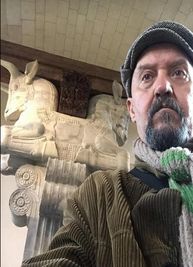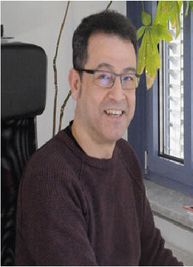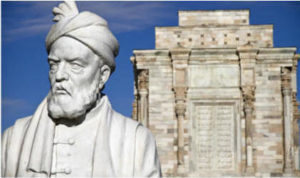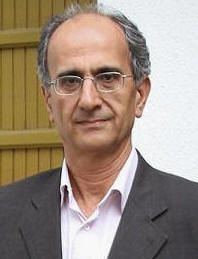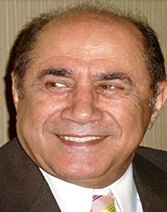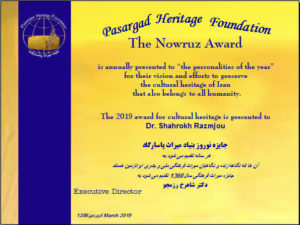 Dr. Shahrokh Razmjou is the recipient of “The personality of the year” award, in the category of “Cultural and Historical Heritage.”
Dr. Shahrokh Razmjou is the recipient of “The personality of the year” award, in the category of “Cultural and Historical Heritage.”
Dr. Shahrokh Razmjou, is an archeologist, researcher, university professor and a Member of the Faculty of Literature and Humanities, University of Tehran in the Department of Archeology.
Dr. Razmjou is also the translator of a new updated translation of the text on the Cyrus Cylinder from Babylonian to Persian.
He receives the 2019 Personality of the Year Award” for:
– His several decades of research on the intangible values of Iran’s national historical
heritage
– His extensive research on the relationship between the charter and personality of Cyrus
– His writings and broad reaching work on new and contemporary look at the relevant and
important influences of ancient and medieval history on Iranian history
– Establishing the Inscriptions Hall at the National Museum of Iran
– Establishing the Centre for Achaemenid Studies at the National Museum of Iran
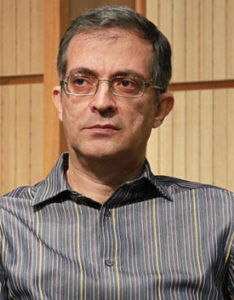 Bio
Bio
Shahrokh Razmjou is an Iranian archaeologist and historian, specializing in Achaemenid
Archaeology and History. He received his Ph.D in Achaemenid Archaeology at the University of
London. In 1998-1999, he established the Inscriptions Hall and later in 2001, the Centre for
Achaemenid Studies at the National Museum of Iran. Between 2009 and 2012, he was curator
of Ancient Iran in the Department of the Middle East at the British Museum, and during this
time, he produced a new updated translation of the text on the Cyrus Cylinder from Babylonian
to Persian. Dr. Razmjou has worked widely on Persian heritage and also excavated the ancient man-made caves of Niyasar, Kashan.
Dr. Razmjou has written extensively on Achaemenid Archaeology. Some of his outstanding work include: “Left Unfinished: The ‘Unfinished Gate’ of Persepolis as Key Evidence for Architectural and Construction Procedure at Persepolis”, Stories of Long Ago, Festschrift für Michael D. Roaf, eds. H. Baker, K. Kaniuth and A. Otto, Alter Orient und Altes Testament 397, Münster: 481-495 (2012), and “Persepolis: A Reinterpretation of Palaces and Their Function”, The World of Achaemenid Persia: History, Art and Society in Iran and the Ancient Near East, Proceedings of a conference at the British Museum 29 September-1 October 2005, eds. J. Curtis and St. J. Simpson, I.B. Tauris, London, 231-245. His earlier notable writings included “Religion and Burial Customs”, a chapter in: Forgotten Empire, the World of Ancient Persia, 150-180, and “The
Palace”, with J. Curtis, a chapter in: Forgotten Empire, The World of Ancient Persia: 50-103, published by British Museum Press in 2005.
Dr. Razmjou is currently teaching at the Department of Archaeology, University of Tehran.


